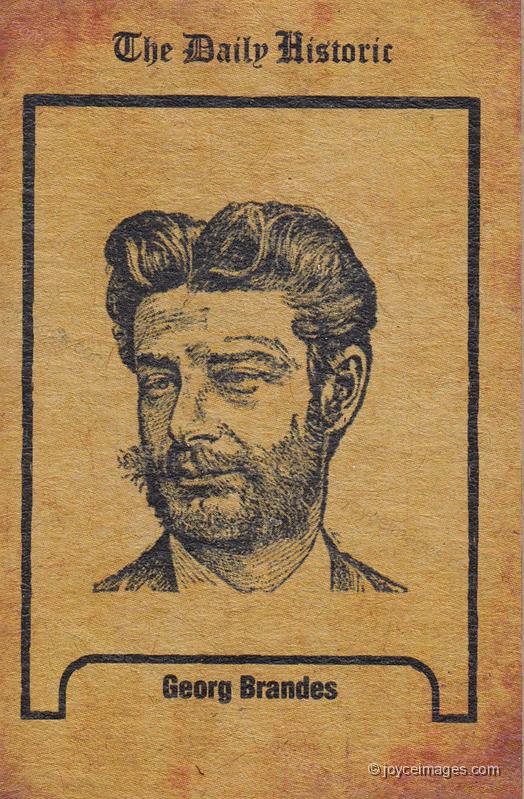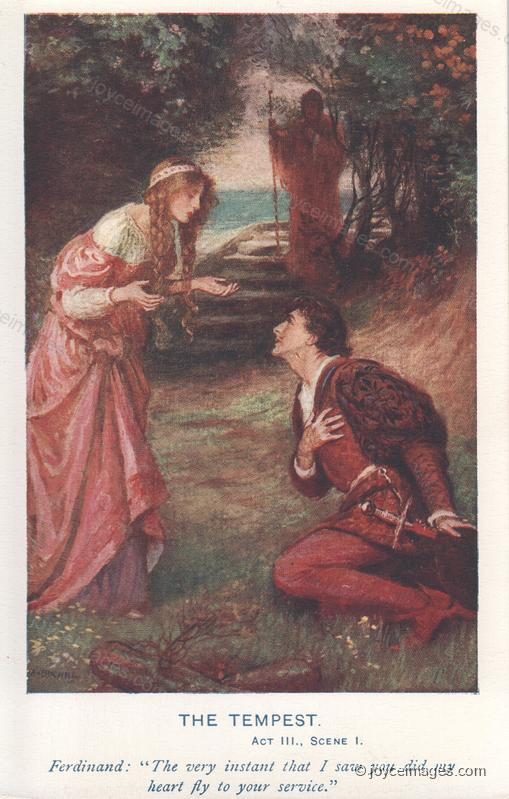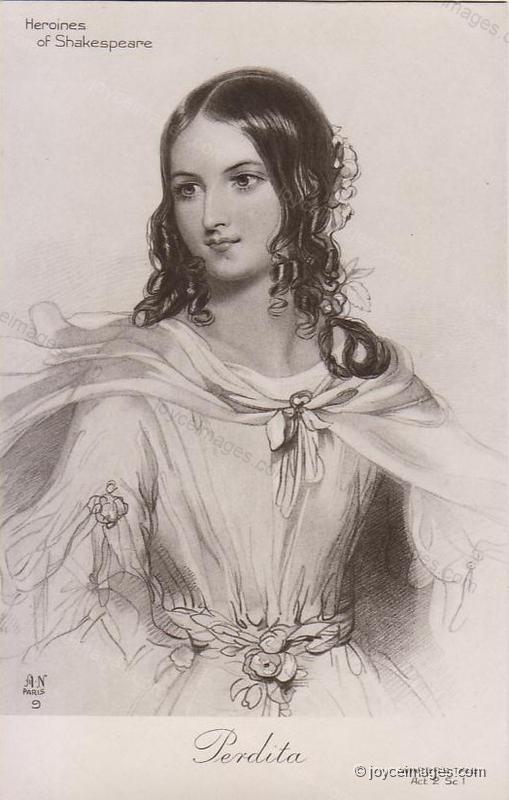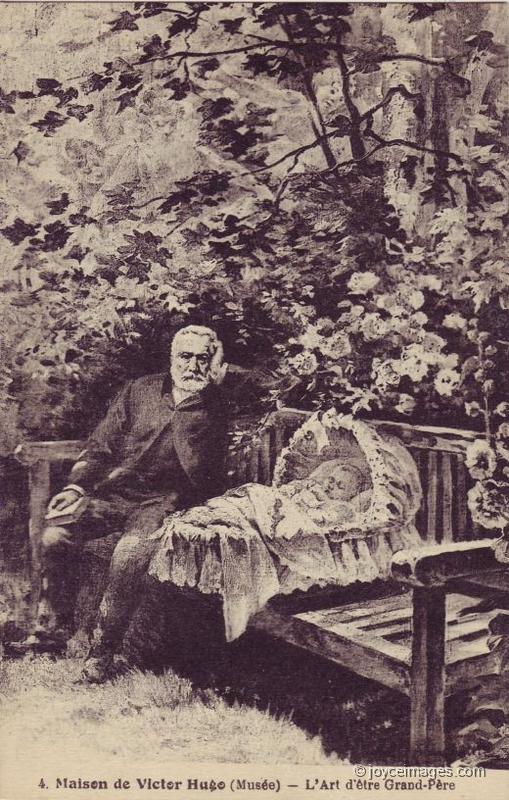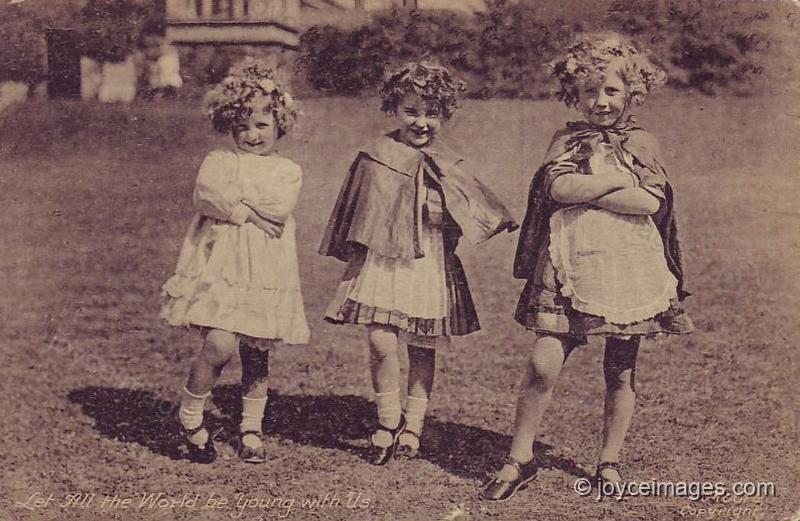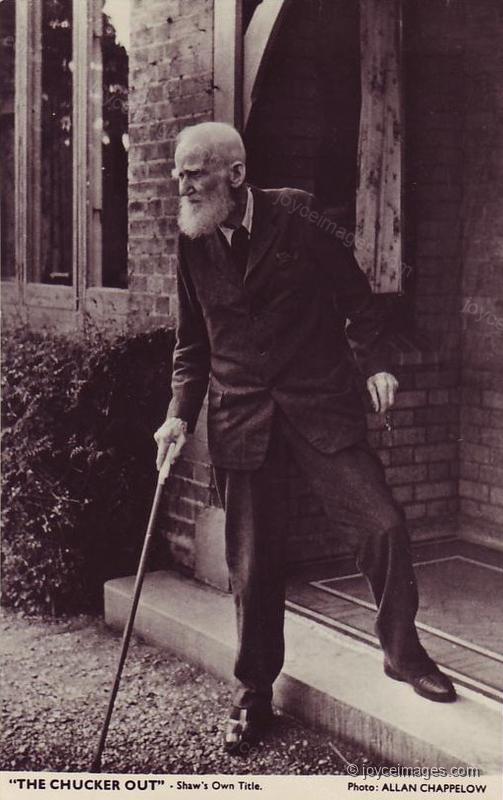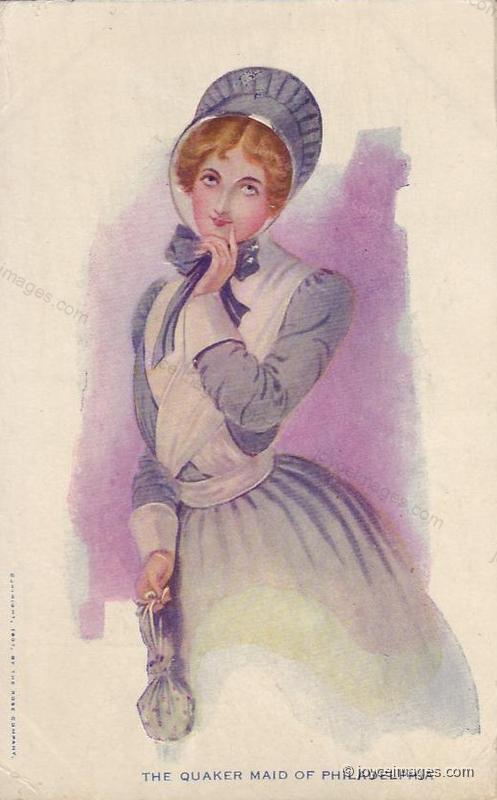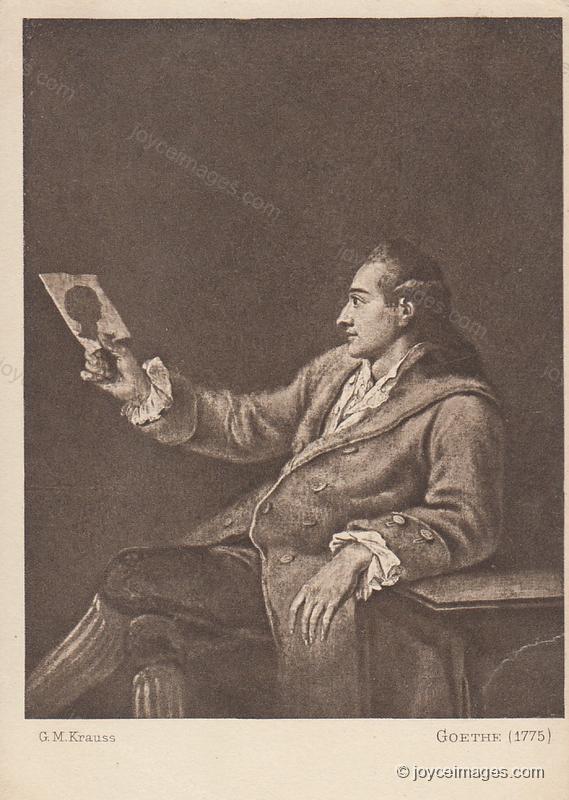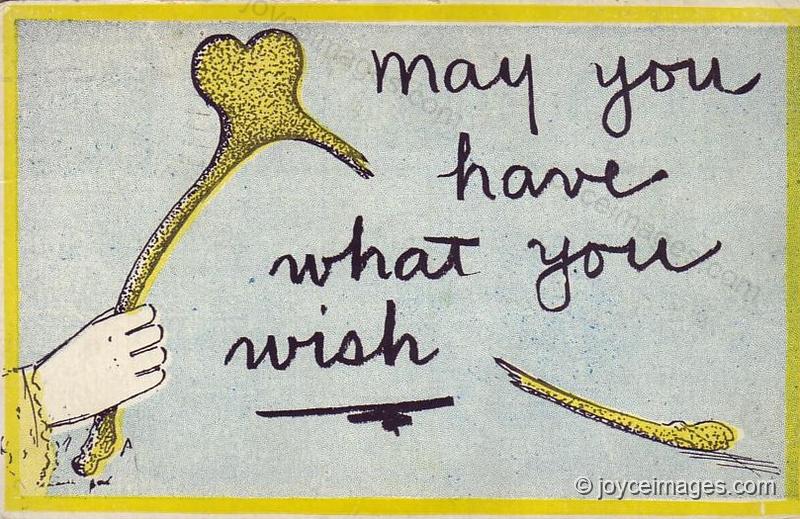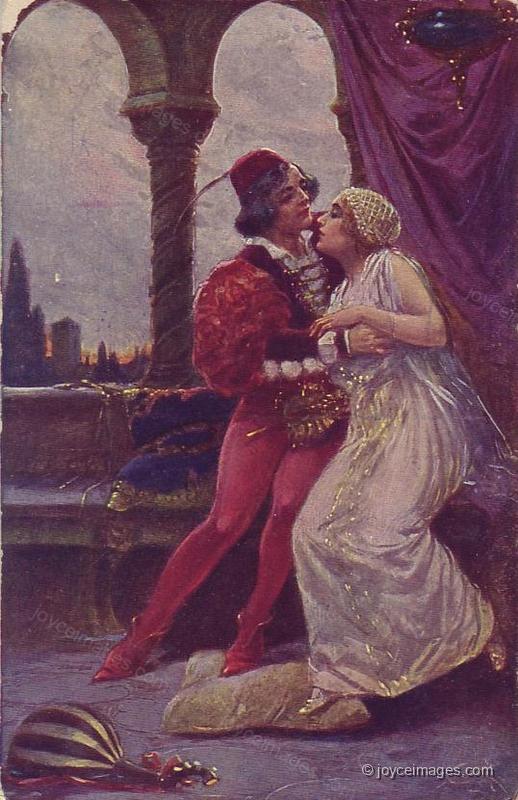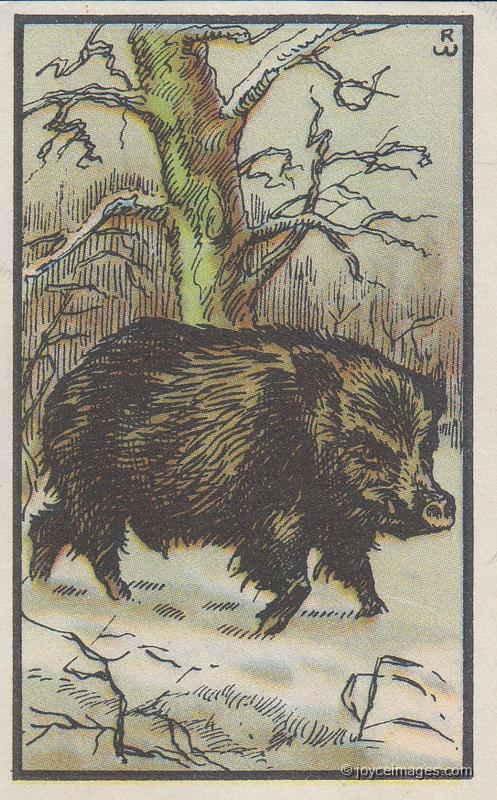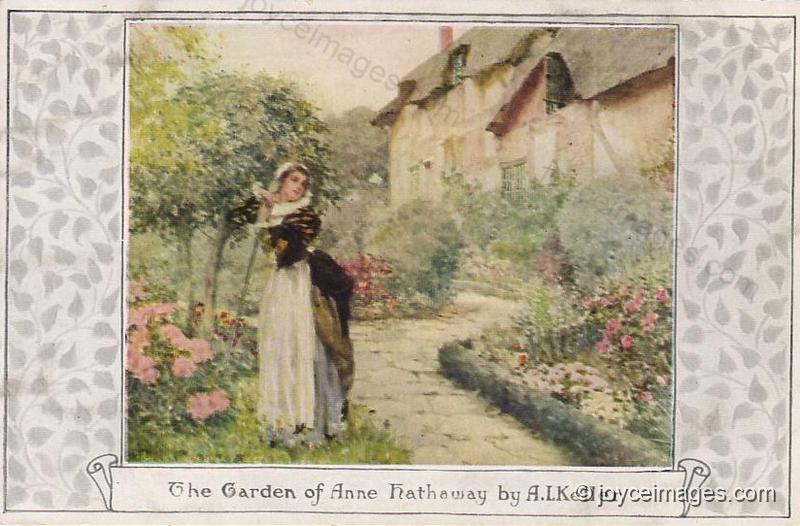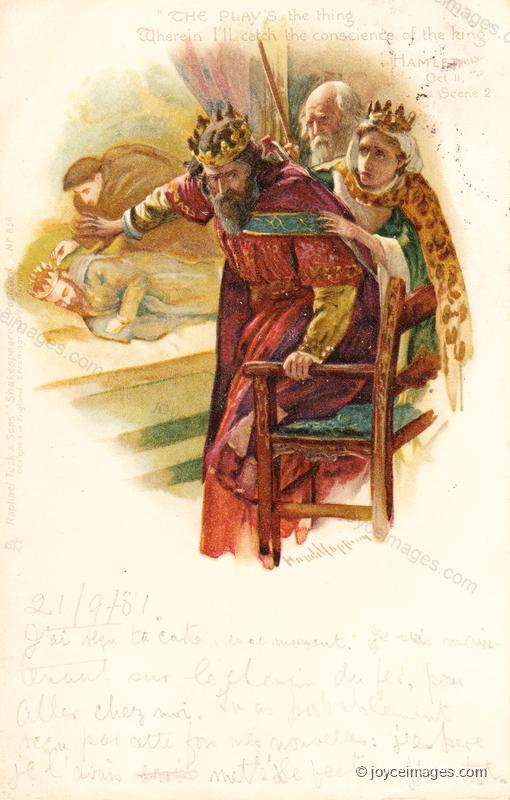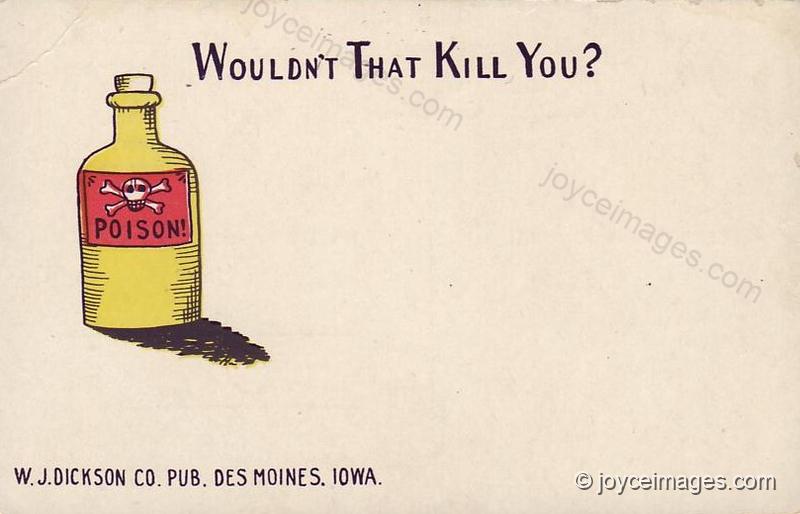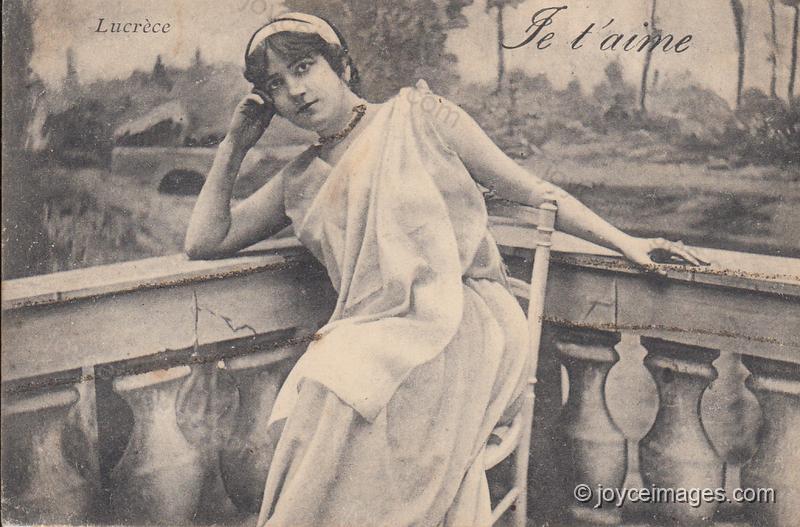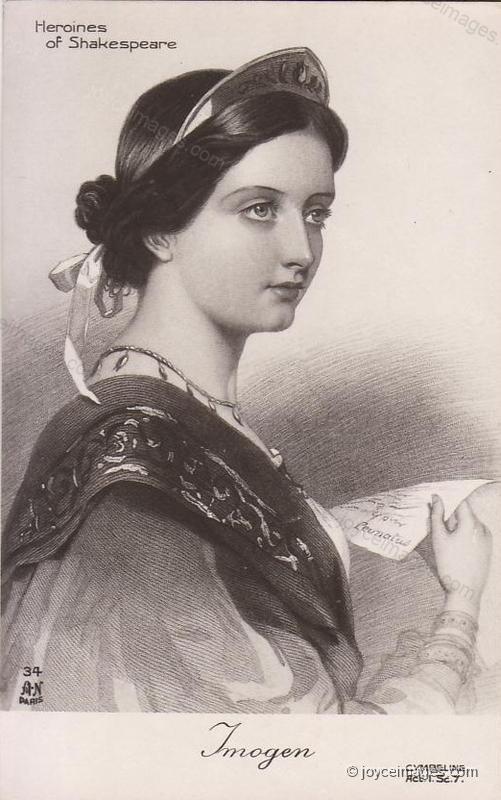"— Mr Brandes accepts it, Stephen said, as the first play of the closing period.
— Does he? What does Mr Sidney Lee, or Mr Simon Lazarus as some aver his name is, say of it?" (U9.418)
— Does he? What does Mr Sidney Lee, or Mr Simon Lazarus as some aver his name is, say of it?" (U9.418)
"Perdita, that which was lost. What was lost is given back to him: his daughter's child. My dearest wife, Pericles says, was like this maid. Will any man love the daughter it he has not loved the mother?" (U9.421)
"- The art of being a grandfather, Mr Best gan murmur. L'art d'Etre grandp..." (U10.425)
'L'Art d'Etre Grand-Père' (1877) is a collection of poems by Victor Hugo (1802 - 1885) celebrating the emotions of grand-fatherhood. It is his last book of poetry, written while in exile in Guernsey for his political views (against Napoleon). Victor Hugo dotes on his two grandchildren, Georges and Jeanne. He is acutely aware in his old age of childhood, as well as death and rebirth, springtime, innocence, love etc. Hugo had 5 children: Leopold-Victor (died in infancy), Leopoldine (drowned at 19), Charles-Victor, Francois-Victor, and Adèle; only Adèle outlived him.
'L'Art d'Etre Grand-Père' (1877) is a collection of poems by Victor Hugo (1802 - 1885) celebrating the emotions of grand-fatherhood. It is his last book of poetry, written while in exile in Guernsey for his political views (against Napoleon). Victor Hugo dotes on his two grandchildren, Georges and Jeanne. He is acutely aware in his old age of childhood, as well as death and rebirth, springtime, innocence, love etc. Hugo had 5 children: Leopold-Victor (died in infancy), Leopoldine (drowned at 19), Charles-Victor, Francois-Victor, and Adèle; only Adèle outlived him.
"- Will he not see reborn in her, with the memory of his own youth added, another image?
Do you know what you are talking about? Love, yes. Word known to all men. Amor hero a liquid alicui bonus vult unde et ea quad concupiscimus...
- His own image to a man with that queer thing genius is the standard of all experience, material and moral. Such an appeal will touch him. The images of other males of his blood will repel him. He will see in them grotesque attempts of nature to foretell or repeat himself. " (U19.427)
Do you know what you are talking about? Love, yes. Word known to all men. Amor hero a liquid alicui bonus vult unde et ea quad concupiscimus...
- His own image to a man with that queer thing genius is the standard of all experience, material and moral. Such an appeal will touch him. The images of other males of his blood will repel him. He will see in them grotesque attempts of nature to foretell or repeat himself. " (U19.427)
"The benign forehead of the quaker librarian enkindled rosily with hope.
- I hope Mr Dedalus will work out his theory for the enlightenment of the public. And we ought to mention another Irish commentator, Mr George Bernard Shaw. Nor should we forget Mr Frank Harris. His articles on Shakespeare in the Saturday Review were surely brilliant. Oddly enough he too draws for us an unhappy relation with the dark lady of the sonnets. The favoured rival is William Herbert, earl of Pembroke. I own that if the poet must be rejected, such a rejection would seem more in harmony with - what shall I say? - our notions of what ought not to have been." (U9.436)
- I hope Mr Dedalus will work out his theory for the enlightenment of the public. And we ought to mention another Irish commentator, Mr George Bernard Shaw. Nor should we forget Mr Frank Harris. His articles on Shakespeare in the Saturday Review were surely brilliant. Oddly enough he too draws for us an unhappy relation with the dark lady of the sonnets. The favoured rival is William Herbert, earl of Pembroke. I own that if the poet must be rejected, such a rejection would seem more in harmony with - what shall I say? - our notions of what ought not to have been." (U9.436)
"Felicitously he ceased and held a meek head among them, auk's egg, prize of their fray.
He thous and thees her with grave husbandwords. Dost love, Miriam? Dost love thy man?
- That may be too, Stephen said." (U9.446)
He thous and thees her with grave husbandwords. Dost love, Miriam? Dost love thy man?
- That may be too, Stephen said." (U9.446)
"Beware of what you wish for in youth because you will get it in middle life.
Why does he send to one who is a buonaroba, a bay where all men ride, a maid of honour with a scandalous girlhood, a lordling to woo for him?" (U9.451)
Why does he send to one who is a buonaroba, a bay where all men ride, a maid of honour with a scandalous girlhood, a lordling to woo for him?" (U9.451)
"He was himself a lord of language and had made himself a coistrel gentleman and he had written Romeo and Juliet. Why? Belief in himself has been untimely killed. He was overborne in a cornfield first (ryefield, I should say) and he will never be a victor in his own eyes after nor play victoriously the game of laugh and lie down. Assumed dongiovannism will not save him. No later undoing will undo the first undoing." (U9.454)
"If the shrew is worsted yet there remains to her woman's invisible weapon. There is, I feel in the words, some goad of the flesh driving him into a new passion, a darker shadow of the first, darkening even his own understanding of himself. A like fate awaits him and the two rages commingle in a whirlpool." (U9.460)
"They list. And in the porches of their ears I pour.
- The soul has been before stricken mortally, a poison poured in the porch of a sleeping ear. But those who are done to death in sleep cannot know the manner of their quell unless their Creator endow their souls with that knowledge in the life to come." (9.465)
- The soul has been before stricken mortally, a poison poured in the porch of a sleeping ear. But those who are done to death in sleep cannot know the manner of their quell unless their Creator endow their souls with that knowledge in the life to come." (9.465)
"The poisoning and the beast with two backs that urged it king Hamlet's ghost could not know of were he not endowed with knowledge by his creator." (U9.469)
"That is why the speech (his lean unlovely English) is always turned elsewhere, backward. Ravisher and ravished, what he would but would not, go with him from Lucrece's bluecircled ivory globes" (U9.471)
